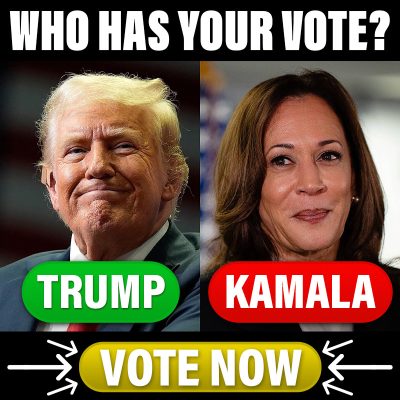In a letter sent to House Oversight Chairman James Comer on Sunday, the committee’s ranking Democrat, Rep. Jamie Raskin, revealed that Bank of America had been subpoenaed by Comer to provide records pertaining to three of Hunter Biden’s business associates. The subpoena was issued quietly.
According to a letter obtained by CNN, the subpoena was extensive and requested “all financial records” from 2009 to the present, spanning 14 years. Bank of America complied with the subpoena and provided a substantial amount of materials, as reported by a source familiar with the matter. The subpoena was directed at US citizen John Robinson “Rob” Walker and other individuals associated with Hunter Biden, who established a “joint venture” with executives from CEFC China Energy, a Chinese energy conglomerate that is now defunct.
However, Democrat Rep. Raskin expressed “deep concern” to Rep. Comer regarding investigations and criticized the “overbroad” subpoena of a Hunter associate’s checking account. He further accused the Oversight panel of attempting to “bury” Trump’s tax information.
BREAKING: @GOPoversight chairman @RepJamesComer subpoenas bank records for three of Hunter Biden’s business associates.
The subpoena reportedly calls for “all financial records” spanning 14 years, beginning in 2009.@OANN
— Daniel Baldwin (@baldwin_daniel_) March 13, 2023
A bank subpoena is a legal request issued by a court or government agency to a bank, requiring the bank to produce financial documents or information related to a particular individual or organization. Bank subpoenas are typically used in criminal investigations, civil lawsuits, or regulatory actions to obtain evidence or information related to financial transactions.
The types of financial documents that can be requested through a bank subpoena include bank statements, account balances, transaction histories, loan documents, and other financial records. The information obtained through a bank subpoena can be used as evidence in court or as part of an investigation.
Banks are required to comply with subpoenas and provide the requested information, but they may seek to protect their customers’ privacy by challenging the subpoena or seeking to limit the scope of the request. Customers who are the subject of a bank subpoena may also have the right to challenge the request or seek to limit the disclosure of their personal financial information.
The National Review write:
In the letter, Raskin blasts Comer for not notifying Democratic members at least two days before issuing the subpoenas.
The subpoena pertaining to Walker is particularly invasive, Raskin said, because it demands disclosure of intimate information from his family’s personal financial accounts.
Raskin called the subpoena a “roving congressional inquisition into the affairs of at least one private American citizen,” that goes “well beyond any business deal with Hunter Biden or CEFC.”
Hunter Biden joined Walker, James Gilliar, Jim Biden, and Tony Bobulinski in creating a joint venture, called Oneida Holdings, with CEFC, the now-defunct Chinese energy conglomerate that pledged to give them $10 million of working capital.
Generally, banks are frequently subpoenaed in criminal investigations, civil lawsuits, and regulatory actions to obtain financial records or other information related to specific individuals or organizations. For example, banks may be subpoenaed to provide information related to money laundering, fraud, or other financial crimes. Additionally, banks may be subpoenaed in cases involving disputes over loans, contracts, or other financial transactions. The specific frequency with which banks are subpoenaed can vary, but it is not uncommon for banks to receive multiple subpoenas per year, particularly if they are involved in high-profile cases or have a large customer base.

